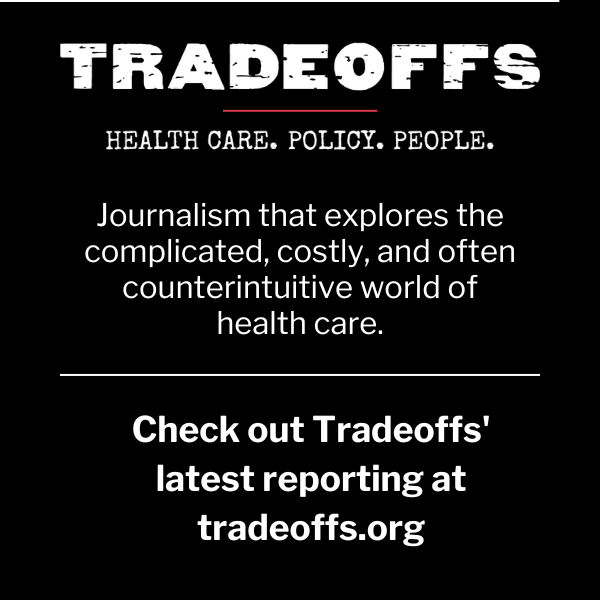 Companies that pay for employer-sponsored health insurance are continually seeking ways to cut health care costs and improve the care delivered to employees, their family members and retirees.
Companies that pay for employer-sponsored health insurance are continually seeking ways to cut health care costs and improve the care delivered to employees, their family members and retirees.
To accomplish these goals in 2020, employers will implement more virtual care, such as telemedicine, and will focus more on high-cost claims, according to a report from National Business Group on Health (NBGH).
In a report last year, NBGH’s large-employer members said in response to a survey that in addition to these two top priorities, they planned to manage specialty pharmacy costs more closely and expand the direct contracts they have with hospitals and health systems. Hospitals and health systems contract with centers of excellence for employees needing joint replacements and heart surgery. In 2020, employers will expand those centers to include cancer care and infertility treatment.
More employer-respondents (64% in 2019) said virtual care would play a significant role in how health care is delivered in the future while 52% said so last year, NBGH reported. Almost all employers will offer telemedicine or other virtual care services for minor, acute care, and 82% will offer virtual mental health services.
The costs of prescription drugs and particularly specialty medications that are delivered in physicians’ offices or in hospitals are a top concern among employers. Employers are concerned about how to pay for new million-dollar drugs, some of which cost more than what an employee will earn in a lifetime, said NBGH President Brian Marcotte.
An executive summary and a press release about the report, “The 2020 Large Employers’ Health Care Strategy and Plan Design Survey,” are available here. The full report is for NBGH members only.
It’s significant to note that most of the 147 large employers that responded to the survey said they have reservations about “Medicare for All.” Among respondents, 72% said Medicare for All would reduce the number of uninsured but 81% said it would lead to higher taxes. Also, 57% said it would drive up health care costs and 47% said it raise employees’ costs. Mostly, the respondents were divided on whether to expand Medicare below age 65.
Another significant result is that fewer employers would offer full-replacement consumer-directed health plans (CDHPs) to workers in 2020 than have offered such plans in the past. The term full-replacement CDHP means the employer would offer a CDHP as the only health benefit plan option. CDHPs cost less than preferred provider organization plans or other health plan options, but shift more of the cost of employee-health care to workers than other benefit plans do. Only 25% of employers said they would offer full-replacement CDHPs in 2020, down from 30% in 2019, and down from 39% in 2018. Instead, employers would offer more plan choices such as PPOs and HMOs, the survey results showed.
Employers use the term CDHP to describe the combination of a high-deductible health plan with a tax-advantaged plan, such as a health savings account, to help employees pay for health care deductibles and copayments.
Studies (such as this one) show that when consumers have HDHPs and other benefit designs that require them pay a large share of health care costs, many tend to skip both unnecessary and necessary care, resulting in poor patient outcomes. This tendency reduces costs in the short term but drives up costs over time.
Employers also are interested in payment and delivery models that move providers away from fee-for-service and into more population-health approaches in which physicians and hospitals are asked to deliver more preventive-health care rather than episodic care only when employees get sick. To do so, employers will contract with accountable care organizations or with high-performance networks. These networks include a select number of physicians, hospitals and other professionals who deliver high quality, cost effective care.







